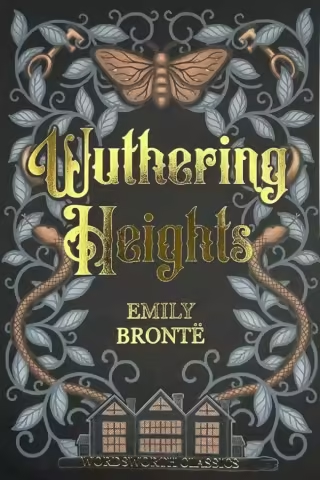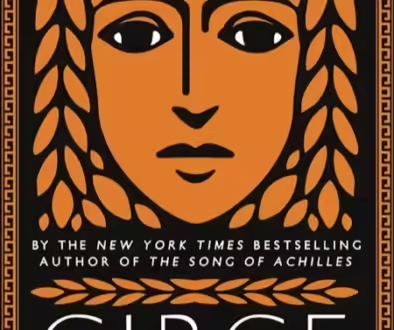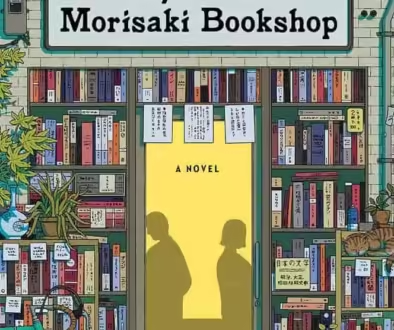
Wuthering Heights Emily Brontë
“Wuthering Heights” by Emily Brontë is a timeless and haunting tale of passion, revenge, and the destructive power of love. Set on the bleak Yorkshire moors, the novel tells the story of the intense and tumultuous relationship between Heathcliff and Catherine Earnshaw. Their love, which transcends life and death, forms the core of this Gothic masterpiece.
Brontë’s writing is richly atmospheric, capturing the wild beauty of the moors and the stormy emotions of her characters. The narrative structure, with its multiple narrators and nonlinear timeline, adds layers of complexity to the story, drawing readers into the mystery and drama of Wuthering Heights and its inhabitants.
The character of Heathcliff is one of literature’s most memorable antiheroes—brooding, vengeful, and consumed by his love for Catherine. Their relationship is as destructive as it is passionate, with Catherine’s famous declaration, “Whatever our souls are made of, his and mine are the same,” encapsulating the intensity of their bond.
One of the novel’s most powerful moments comes when Heathcliff, in his grief and madness, cries out: “You said I killed you—haunt me, then! The murdered do haunt their murderers, I believe. I know that ghosts have wandered on earth. Be with me always—take any form—drive me mad!” This quote perfectly captures the novel’s themes of love and obsession, as well as Heathcliff’s yearning for Catherine even in death.
Pros:
1. Complex Characters: Brontë’s characters are deeply flawed and vividly drawn, making them compelling and unforgettable.
2. Atmospheric Setting: The moody, windswept moors serve as a perfect backdrop for the dark and stormy emotions of the characters.
3. Exploration of Love and Revenge: The novel’s exploration of the destructive nature of love and revenge is both powerful and thought-provoking.
4. Innovative Narrative Structure: The novel’s use of multiple narrators and flashbacks creates a rich and layered storytelling experience.
Cons:
1. Dark and Tragic Tone: The novel’s relentless focus on suffering, obsession, and revenge may be too intense for some readers.
2. Complex Language: Brontë’s use of Victorian language and dialect can be challenging for modern readers, requiring careful attention.


